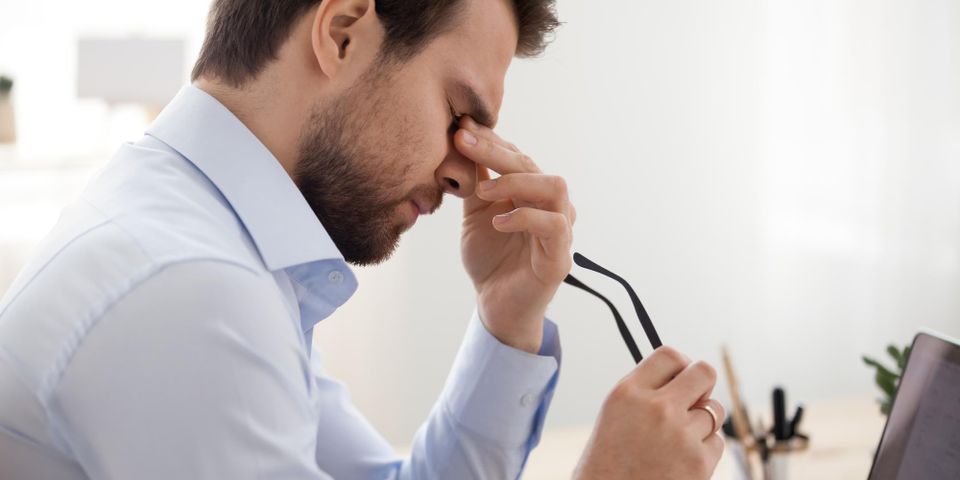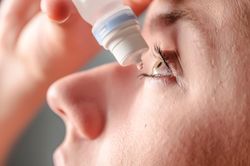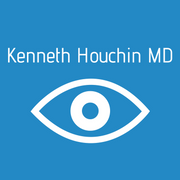
Dry eye syndrome occurs when the eyes don’t produce sufficient tears. It affects approximately 4.88 million Americans. Therefore, if you experience any itching, redness, stinging, or light sensitivity, speak to an eye doctor to confirm the cause of your symptoms and seek treatment. The guide below takes a closer look at this condition.
What Causes Dry Eyes?
Women over 50 are especially likely to have dry eyes, due to hormonal changes following menopause. However, older adults of either gender are at higher risk than the young. Additionally, some health conditions—like rheumatoid arthritis and diabetes—and some medications—including antihistamines, antidepressants, and decongestants—may decrease one’s ability to produce tears. While this may only seem like a mild irritation, those with chronic symptoms may have trouble driving, especially at night, or may experience eye fatigue, leading to headaches.
How Do You Treat Dry Eyes?
 Fortunately, dry eye syndrome is a manageable condition. Your eye doctor will likely recommend eye drops to help lubricate this area, which you can apply several times a day. You should also consider investing in a humidifier at home.
Fortunately, dry eye syndrome is a manageable condition. Your eye doctor will likely recommend eye drops to help lubricate this area, which you can apply several times a day. You should also consider investing in a humidifier at home.
To combat dust, pollen, and other irritants in the air, which may accumulate on your eyelids throughout the day—drying them out in the process—gently wash your eyelids with a damp cloth and mild cleanser. Additionally, if you wear contacts, your eye doctor may recommend a special type designed to help combat this problem.
If you’re looking for a reliable eye doctor in Las Vegas, NV, turn to Kenneth Houchin MD. Dr. Houchin has more than 30 years of experience in the field and is dedicated to helping his patients improve their eyesight. From routine eye exams to laser surgery, you can rely on Dr. Houchin for high-quality vision care. For more information about his services, visit his website. Call (702) 718-2020 to make an appointment.
About the Business
Have a question? Ask the experts!
Send your question

